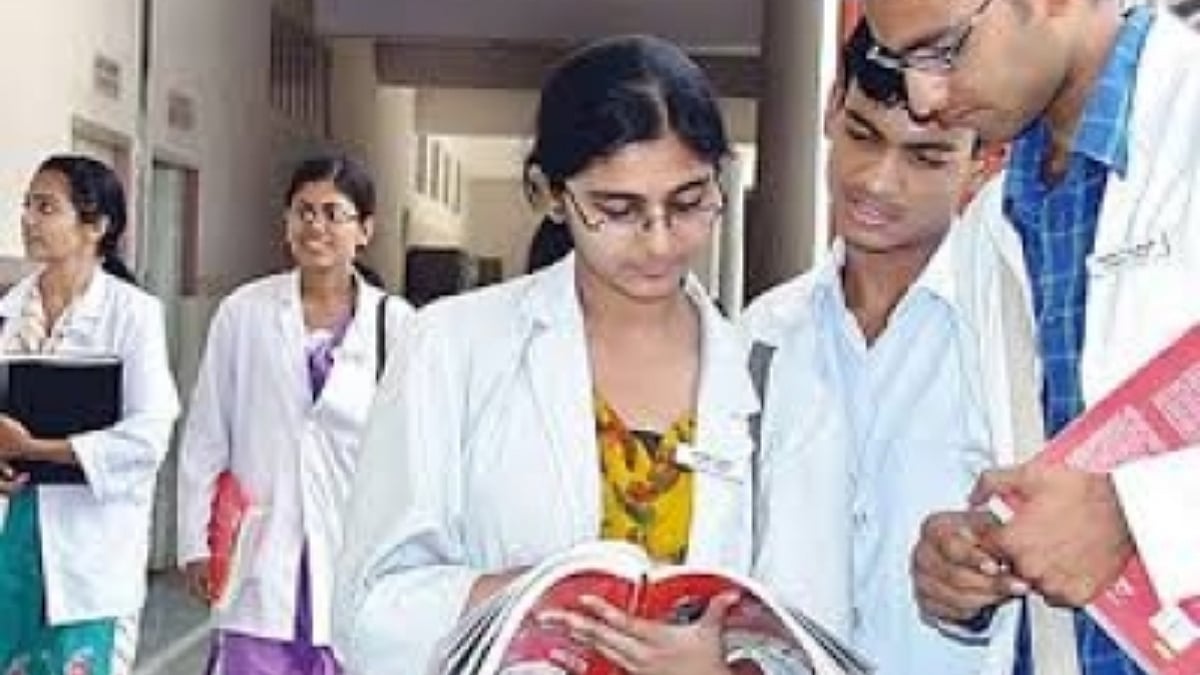Over 1,100 PG medical students dropped out between 2020–2024 due to harsh working conditions; 119 reported suicides | Representational Image
Mumbai: A startling number of postgraduate medical students have withdrawn from their courses in medical institutions between 2020 and 2024, the United Doctors’ Front (UDF) has claimed.
According to a series of Right to Information (RTI) applications filed by the United Doctors Front (UDF), over 1,100 postgraduate students discontinued their studies in the past five years, citing excessive workload, long duty hours, mental health struggles and lack of institutional support.
The data, sourced from selected Institutions of Eminence such as the All India Institute of Medical Sciences (AIIMS) and Jawaharlal Institute of Postgraduate Medical Education and Research (JIPMER), paints a bleak picture.
JIPMER alone reported that 276 postgraduate students had dropped out since 2020, with 200 others undergoing psychiatric counselling. AIIMS Bhopal recorded 178 student withdrawals, while 56 students left their courses at AIIMS Nagpur during the same period.
“These figures are not just numbers; they are lives affected by an education system that seems indifferent to the well-being of its trainees,” Dr. Lakshya Mittal, national president of UDF told The Free Press Journal. “We must ask ourselves why students are leaving the institutions they once dreamt of joining.”
According to Mittal, students are withdrawing their seats because of facing “inhuman treatment” from seniors. “They are made to feel like bonded labourers instead of doctors,” he said.
The findings, according to UDF, point to a range of contributing factors, including understaffing, extended shifts of up to 36 hours without adequate rest or food, non-payment of stipends, and continued faculty bullying.
“In some cases, students were required to work five 36-hour duties a month, with no respite, as was reportedly the case for anaesthesiology trainees at the Armed Forces Medical College (AFMC) in July 2024,” said Mittal.
AIIMS Bhubaneswar admitted that duty hours could extend to 30–36 hours depending on patient load, while junior residents were often not compensated for overtime.
Between 2020 and 2024, the Postgraduate Medical Education Board (PGMEB) of the National Medical Commission (NMC) received 1,680 complaints from both undergraduate and postgraduate students. These ranged from ragging and mental harassment to unregulated work hours and faculty misconduct. Disturbingly, the period also saw 119 suicides among UG and PG medical students.
Although the NMC formed a National Task Force (NTF) last year to assess the physical and mental health of resident doctors and recommend improvements, doctors say there has been no tangible change at the ground level. “A similar committee formed by the Union Health Ministry on Supreme Court directions in the RG Kar case has also failed to address core issues like duty hours and safety,” the UDF said in a statement.
Medical professionals and advocacy groups are now urging the NMC to urgently enforce the Central Residency Scheme, which stipulates a 48-hour weekly duty limit with at least one weekly off.
Sudha Shenoy, a parent-representative from Mumbai, expressed shock at students being ill-treated in premier institutes such as JIPMER and AIIMS. “If such institutes of repute have bullying and abuse, then what is NMC doing about this white collar goondaism within the medical colleges,” she asked.
Experts further warned that without swift and meaningful reforms, the crisis may deepen further, with more students opting out of the profession or, in worse cases, suffering irreversible harm to their mental health.
